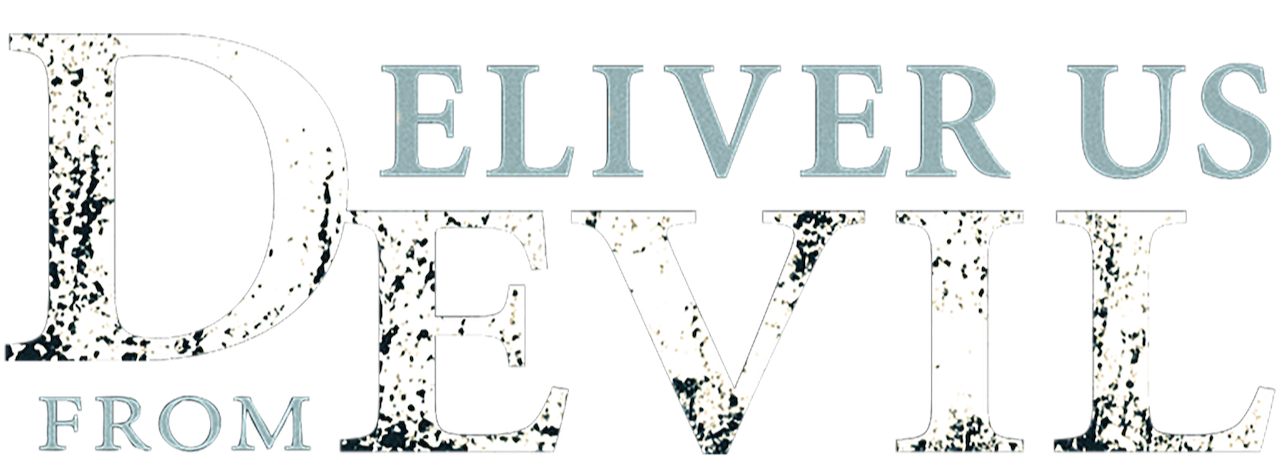The issue of Halloween has become a tool of growing division among Christians over recent years. Is Halloween harmless fun or something sinister? Should our families participate in the celebration just as it is or reject any association with it whatsoever? Or is there a third option that allows us to be light in the darkness?
CONFLICTING POINTS
For some Christians, the pagan roots of Halloween and the present day emphasis on ‘dark’ themes are enough reason to avoid associating themselves with it in any way. For these believers, Scriptures such as Deuteronomy 18:9-13 teach valuable principles that should be applied to this issue: “be very careful not to imitate the detestable customs of the nations” (NLT). This position is further supported by the obvious emphasis on non-Christian themes at Halloween, such as witches, ghosts, and what appears to be a celebration of fear, death, and the macabre. These Christians raise a valid question in asking how these themes fit with our clear biblical mandate to focus on those things that are true, noble, right, pure, lovely, admirable, etc. (Philippians 4:8).
Other Christians argue that there is nothing “detestable” to God about carving a happy face in a pumpkin or giving candy to costumed children. On the contrary, these believers see Halloween as a fun family occasion that can be an opportunity for harmless creativity and valuable interaction with neighbours.
PAGAN ROOTS
There can be no doubt that what we call “Halloween” is a cultural adaptation of an originally pagan festival. The fall festival of Samhain was practised by ancient Druids to mark the end of summer and the beginning of the dark winter months believed to be the season of evil spirits and death.
For Christians this leads to the question – Should the origin of something determine our ongoing attitude toward it?
REDEMPTION VS. REJECTION
Interesting enough, the Christian Church has a history of redeeming rather than rejecting traditions that grew out of non-Christian cultures. As William Booth (the founder of The Salvation Army) has argued, through Jesus we can set out to redeem many things that Satan has intended for evil. By redeeming them we are not trying to obliterate them, but rather to transform them for godly purposes. Since Constantine (by no means the ultimate example of good Christian leadership), this has been the Church’s primary way of dealing with her enemies – she makes them her friends. And in befriending them, she allows God to transform them. Let’s look at some examples…
- First is the issue of music. Most forms of music we listen to were originated by non-Christians and have been used for very ungodly purposes. Yet God has been able to work through these forms of music when the artist and his or her work becomes dedicated to him. The early ‘hymns’ of the Salvation Army, with melodies taken from popular bar tunes of their day, are excellent illustrations of this as are the hymns of Luther and others.
- Another example can be found in a custom we all participate in almost every time we greet a person in any semiformal situation. Can you guess? Although Paul commands us to greet each other with a holy kiss, modern westernized Christians have exchanged that custom for a handshake without concern for the historic roots of the practice. When meeting each other, ancient warriors would ask to see the other’s hands in order to check for concealed weapons. Shaking hands, a custom embraced by Christians, originated in a tradition of doubt and distrust. Still, the church has not abandoned this practice but has encouraged its use to convey a new message – one of fellowship. In fact, some have even labeled our act of welcoming a newcomer as giving them “the right hand of fellowship”, when it was originally “the right hand of suspicion.”
- A third and more applicable example is that of Christmas and Easter. Although both Christmas and Easter were originally holidays to honour pagan deities, the early Christians found a way to “redeem” these events. Instead of trying to crush the celebrations, the Church gave them new meaning. The result has been annual reminders of the incarnation, death, and resurrection of God’s Son. (Santa and the Easter Bunny notwithstanding.)
Those who object to pumpkin carving, costume wearing, or going door-to-door for candy should also be expected not to have a Christmas tree, or to decorate eggs at Easter (practices that likewise, originated in pagan tradition). And as far as chocolate bunnies are concerned—they are right out.
ALL HALLOWS EVE
The fact is, this concept of redemption rather than rejection is one which the Christian church has already applied to Halloween in the distant past. Remember that pagan festival of Samhain mentioned earlier? It was itself converted to become the Christian celebration of “All Saints Day” – a day to commemorate God’s work in the lives of his people. The evening before All Saints Day was entitled “All Hallows (or Hallowed) Eve”. Sound familiar? Yes, it is this Christian title that has been adapted to label present-day Halloween.
So, what we call “Halloween” today comes from an uncomfortable mix of Christian and pagan roots. This may move some Christians to denounce any real or apparent association with Halloween whatsoever. Others might argue that present day “Halloween” is actually a Christian celebration that has been hijacked by modem day neo-paganism and thus should be reclaimed by Christians for the glory of God. Each perspective is somewhat rooted in history and should be respected by those who disagree.
PAUL’S POSITION
Did you know that the New Testament church faced a very similar controversy in its day? Should believers participate in a meal even when the meat may have been used in the worship of pagan deities? This was a question of great concern for many early Christians. The parallels between these two issues are striking and Paul’s response on the matter of meat eating is certainly applicable to our treatment of Halloween. In Romans 14, 1 Corinthians 8, and the last portion of 1 Corinthians 10 Paul conveys a number of principles for dealing with such controversial and potentially divisive issues, some of which are as follows…
- The original use of something does not make it wrong to participate in.
- If someone’s conscience is not clear, they should not be forced to participate in it.
- Those who feel free to participate should not flaunt their freedom in the face of their “weaker” brothers and sisters.
- Regardless of their opinion on the issue at hand, no believers should harshly judge those with whom they disagree.
…Sounds like good advice to me!
A PERSONAL PERSPECTIVE
If you haven’t already guessed, I tend to agree with those who seek to redeem rather than reject Halloween – even though I am understanding of and sympathetic toward those who hold another point of view and would not wish to cause any offense.
My recommendation? Each family must work through this issue as a family and respond as their conscience allows them. As Paul says in Acts 24:16 – “I always try to maintain a clear conscience before God and everyone else.” (NLT). Those whose conscience does not allow them to take a participatory route with regard to Halloween should be encouraged to be true to their conscience according to Romans 14:14 and 23.
For those whose conscience is clear, rather than boycott Halloween, let’s use this peculiar event as an opportunity for celebration, ministry, and redemptive fun! Some suggestions…
- Many Christian families use the opportunity to get to know people in their neighbourhood by welcoming trick-or-treaters and their parents into their homes for a few moments of social interaction.
- Others place gospel tracts into bags along with candies using the ‘spiritual’ emphasis of Halloween to draw attention to the spiritual life and freedom from fear only Christ can bring. We have pamphlets available at our church for this purpose. Of course, if you use them, you had better make sure your house gives out the best candy on the block!
- Parties, whether in homes or church buildings, can provide children and adults the opportunity for fun and fellowship. This can be another great way to reach out to our community. As children of God, we should lead the way in knowing how to celebrate, and what better time for all saints to party than the eve of All Saints Day
The true challenge for Christians is to bring the character of Christ into all that we do, not to avoid doing all that we can. The way we welcome people to our door, the costumes we select, the games we play, the attitude we convey – these are the issues to which I recommend we focus our energies.
I have no doubt that, like many issues, there are a number of people reading this who may hold differing opinions on the issue of Halloween. In the words of that wise old sage, Tony the Tiger: “Grrrrrreat!” Diversity of opinion within unity of faith is a beautiful, challenging, and ultimately healthy thing. When confronted with those who hold a decidedly opposing position, we should always heed Paul’s words in Romans 14:19 – “Let us therefore make every effort to do what leads to peace and to mutual edification.” (NIV).




